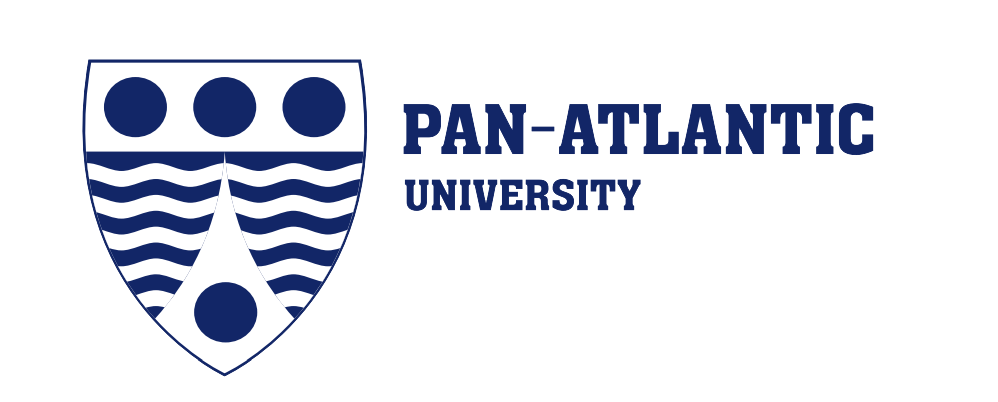PAU offers full-time doctoral programmes in the following areas:
- Management. The four-year PhD in management programme began in 2006. This programme provides a solid foundation for those who aspire to a career in the research, study, and teaching of the disciplines which underlay business administration.
- Media and Communication. The three-year PhD in media and communication programme began in 2013. The programme aims to institute and nurture a robust culture of research consonant with the highest professional competence, ethical conduct and academic excellence in the disciplines of communication and media.

